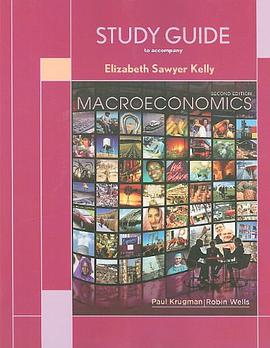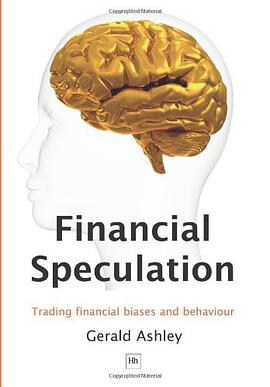

具体描述
This book studies the links between urban economics and labor economics. Different models of urban labor economic theory are examined in the initial two parts of this book: first urban search-matching models and then urban efficiency wages. These models are then used to analyze urban ghettos and their consequences for ethnic minorities in the labor market. Professor Zenou first provides different mechanisms for the so-called spatial mismatch hypothesis, which postulates that housing discrimination introduces a key frictional factor that prevents minorities from improving access to job opportunities by relocating their residences closer to jobs. He then explores social networks, which tend to be affected by spatial factors, as workers who are physically close to jobs can be socially far away from them. Based on these models, the author offers different policies aiming at fighting high unemployment rates experienced by ethnic minorities residing in segregated areas.
作者简介
目录信息
读后感
评分
评分
评分
评分
用户评价
相关图书
本站所有内容均为互联网搜索引擎提供的公开搜索信息,本站不存储任何数据与内容,任何内容与数据均与本站无关,如有需要请联系相关搜索引擎包括但不限于百度,google,bing,sogou 等
© 2026 book.wenda123.org All Rights Reserved. 图书目录大全 版权所有




















